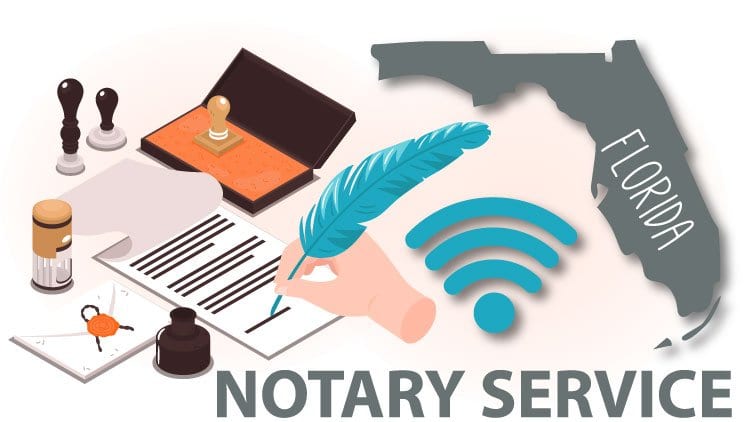Experienced Conveyancer: Facilitating Smooth Property Deals
Experienced Conveyancer: Facilitating Smooth Property Deals
Blog Article
Debunking Notarial Job: Simplifying the Duty and Relevance of Notaries
Their role, frequently shrouded in secret for many, carries significant weight in guaranteeing the validity and integrity of crucial papers. By unraveling the intricacies bordering notarial methods and shedding light on the importance of their acts, a clearer understanding emerges of the crucial function notaries play in supporting the fabric of lawful and contractual contracts.
The History of Notarial Job
The history of notarial job days back to ancient people, where scribes played an important duty in tape-recording important info and confirming files. This led to the growth of notaries, people assigned by the state to act as objective witnesses in legal issues.
Throughout the Center Ages, notaries got prominence in Europe, with their functions broadening to consist of drafting legal papers, licensing trademarks, and preserving records. The increase of worldwide profession better highlighted the importance of notarial work in confirming agreements and arrangements throughout borders.
In the modern era, notaries continue to play a crucial duty in lawful and business transactions by verifying identities, verifying the credibility of documents, and avoiding scams. Their function in accrediting the credibility of arrangements includes a layer of safety and security and depend the ever-evolving landscape of business and law.

Tasks and Obligations of Notaries
The historical evolution of notarial job from old people to the contemporary era has actually shaped the distinctive obligations and obligations that notaries support in legal and company deals today. Notaries play an essential duty in verifying the credibility of records and the identity of signatories. Among their primary duties is to witness the signing of crucial papers, such as wills, deeds, and agreements, to make certain that all celebrations are becoming part of agreements knowingly and willingly. Notaries additionally confirm that notaries are of audio mind and not under duress or coercion.
Additionally, notaries are tasked with carrying out affirmations and vows, which are critical in legal proceedings and the execution of affidavits. They license copies of initial documents, offering guarantee to organizations that the duplicates are real replicas of the originals. Notaries need to keep exact documents of all transactions they oversee to ensure transparency and accountability. Generally, the obligations and responsibilities of notaries are crucial in protecting the stability and legitimacy of different papers and purchases.
Notarial Certificates and Signatures
Exhibiting precise interest to detail, notarial certificates and signatures act as important elements in confirming the authenticity of legal documents. Notarial certifications commonly consist of vital info such as the date of registration, the names of the notaries, a description of the record, and the notary's main seal. These certificates provide a clear record of her response the notarial browse around this web-site act, guaranteeing that the file can be quickly determined and mapped back to the notary who managed the procedure.
Signatures play a crucial duty in notarial job, as they signify the agreement and permission of the events included. Notaries carefully witness the finalizing of papers to verify the identity of the signatures and verify that they are signing of their own cost-free will. By attaching their official seal and signature to the record, notaries accredit that the necessary treatments have been complied with which the file is enforceable and valid.
In significance, notarial certificates and trademarks are the hallmark of authenticity in lawful purchases, providing guarantee to all parties included that the documents are genuine and binding.
Relevance of Notarial Acts

Notarization Process Described
The notarization procedure usually begins with the individual offering the file to a notary public. When the identification is validated, the notary makes sure that the private authorizing the record does so willingly and without any kind of coercion.

Final Thought

Notarial certificates generally have essential info such as the day of registration, the names of the notaries, a summary of the file, and the notary's main seal. These certificates offer a clear record of the notarial act, making certain that the record can be quickly identified and mapped back to the notary who managed the procedure.
By fastening their main seal and trademark to the document, notaries certify that the required procedures have been complied with and that the paper is legitimate Home Page and enforceable.
By validating the identification of the signatures, validating their willingness to enter right into the arrangement, and licensing the day and area of the signing, notaries play an important function in maintaining the credibility of lawful papers.After the paper is authorized, the notary will attach their official seal or stamp onto the file.
Report this page